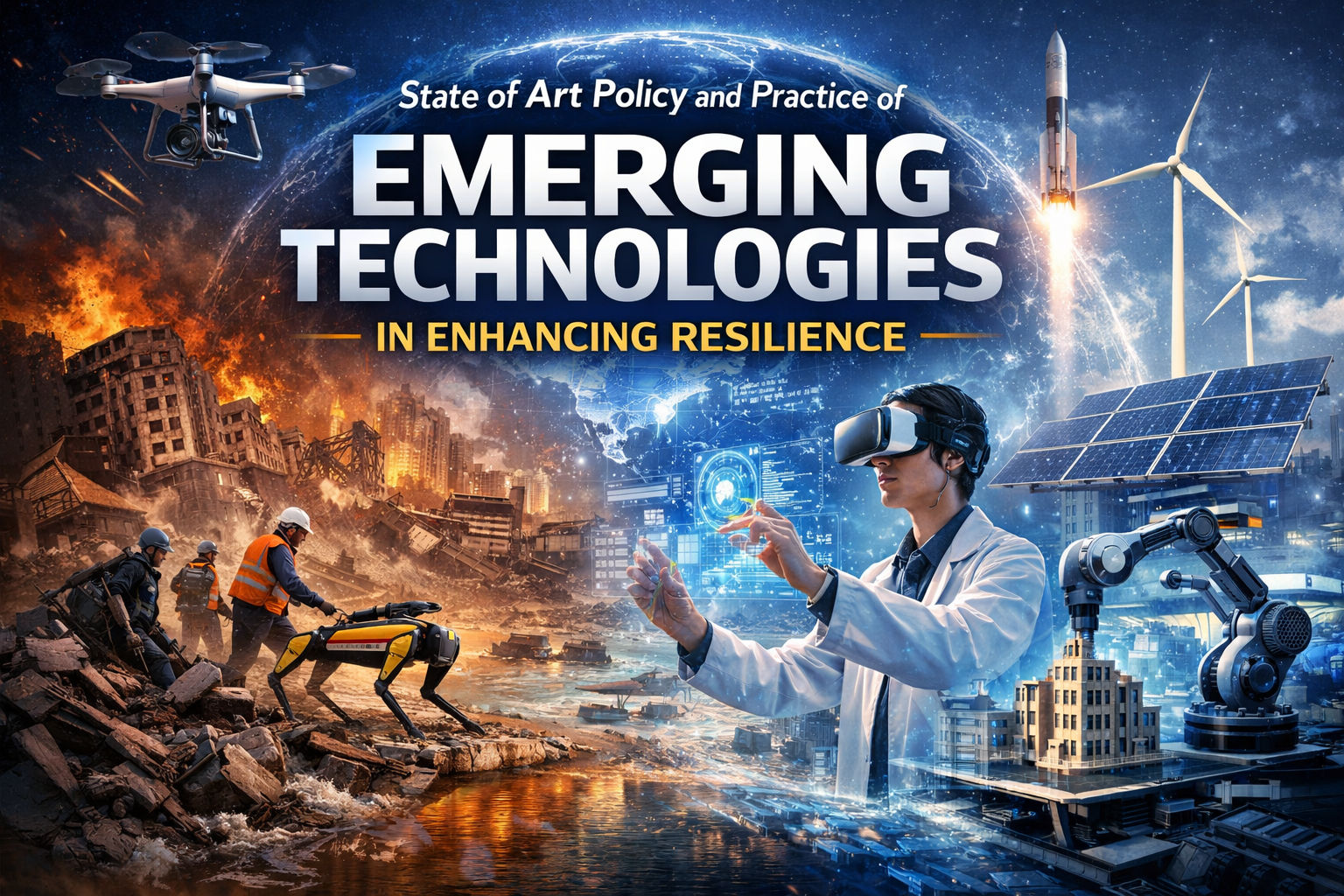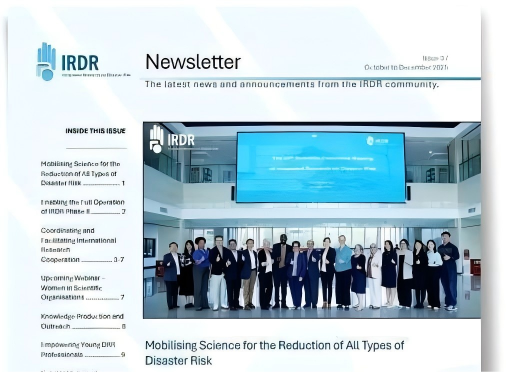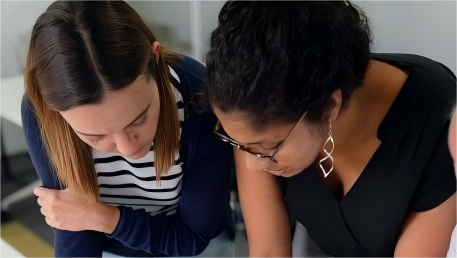2020 has become the year of coping with COVID-19.The WHO declared this as Public Health Emergency of International Concern (PHEIC) on 31th of January 2020, and finally a pandemic on 11th March 2020.
IRDR Scientific Committee members contribute to the analysis this pandemic from DRR aspect and they were invited to share their viewpoint and recommendations.
- Corona Virus (COVID-19) “Infodemic” and Emerging Issues through a Data Lens: The Case of China (download)
Prof. Rajib Shaw and his colleague analyzed the timeline of the key actions taken by the government and people over three months in five different phases. It found that although there was
an initial delay in responding, a unique combination of strong governance, strict regulation, strong community vigilance and citizen participation, and wise use of big data and digital technologies, were some of the key factors in China’s efforts to combat this virus. Infodemic, as it is termed by WHO, is a key word, where different stakeholder’s participation, along with stricter regulation, is required to reduce the impact of fake news in this information age and social media. Although different countries will need different approaches, focusing on its humanitarian nature and addressing infodemic issues are the two critical factors for future global mitigation efforts.
- Building resilience against biological hazards and pandemics: COVID-19 and its implications for the Sendai Framework (download)
Dr. Riyanti Djalante, Prof. Rajib Shaw and their colleague examined current responses to COVID-19 and their implications for the SFDRR. They called for more utilisation of the health-emergency disaster risk management (Health-EDRM) framework to complement current responses to COVID-19 and the patent risk of similar phenomena in the future. In this regards, they provided recommendations concerning knowledge and science provision in understanding disaster and health-related emergency risks, the extension of disaster risk governance to manage both disaster risks and potential health-emergencies, particularly for humanitarian coordination aspects; and the strengthening of communitylevel preparedness and response.





